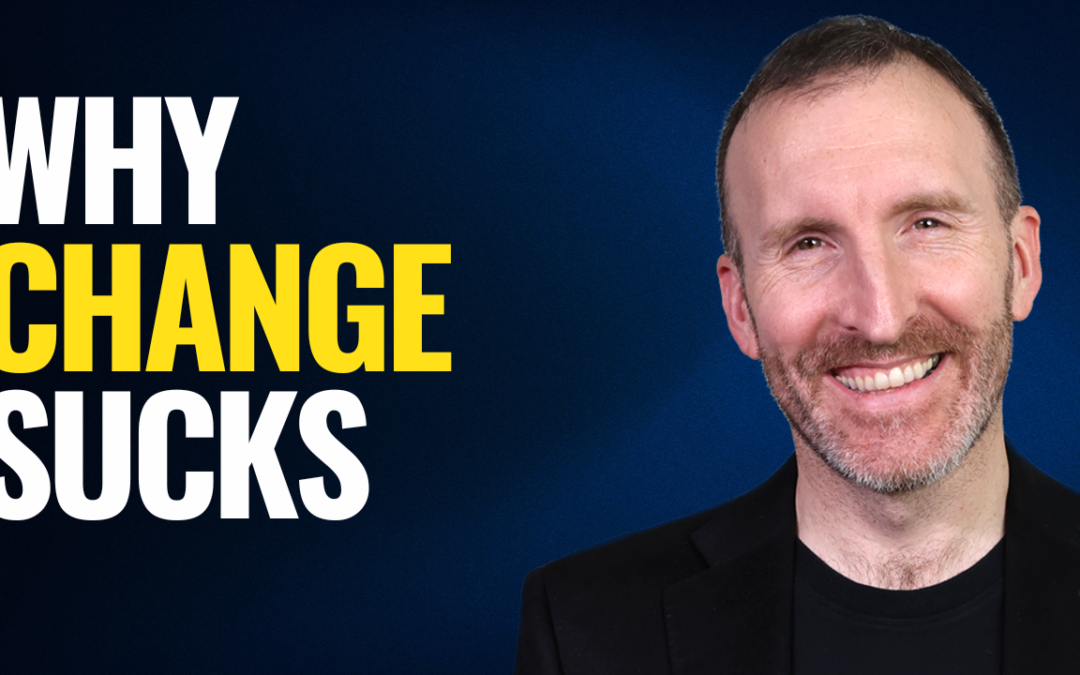Importance of Different Perspectives in Storytelling
- Exploring the value of telling stories from various perspectives, such as the victim’s or defendant’s, to evoke empathy and understanding.
The Courtroom as a Game of Competitive Storytelling
- In the courtroom, storytelling becomes a competition where the jury decides the outcome based on which story they find more compelling.
- Using the jury trial experience, Robbie helps others become master storytellers, offering insights and techniques applicable in business and leadership contexts.
Creating a Frame for Startup Pitching
- The significance of creating a frame in startup pitching: “What if I’m right?”
- This frame encourages investors to consider the possibility of the presented future reality.
- Moreover, establishes credibility, authority, and the investment opportunity’s size within the frame.
Transferring Emotion through Storytelling
- It is essential to transfer emotions from the storyteller to the audience.
- The key skill of a storyteller lies in reliving the story being told, not merely creating emotions externally.
- Becoming a world-class storyteller involves developing both content delivery and emotional impact.
The Power of Storytelling in Influencing and Persuading
- Being right and presenting logical arguments alone are not sufficient; storytelling connects with the audience emotionally and influences decision-making.
Character Development and Persuasion
- Stay away from rigid, fact-based approaches to storytelling
- Focus on character development to create a transformative narrative. Ethos, logos, and pathos play a crucial role in persuasion, even in a jury trial.
The Vision Story and Creating Inevitability
- The vision story and creating a sense of inevitability in it is vital in story-telling.
- Visualizing and connecting the future vision to the past with analogies and bridges help others understand and believe in the vision.
- Tying the vision to something tangible and relatable creates conviction and inspires involvement.
Crafting Origin Stories for Founders
- Including elements that investors look for, such as prior success, exceptional skills or achievements, and evidence of drive and ambition.
The Science and Art of Storytelling
- Storytelling is both a science and an art, requiring flexibility and creativity to create a compelling narrative.
- It goes beyond templates like the hero’s journey; connecting with the audience on a meaningful level is crucial.
- Founders can refine their narrative by answering open-ended questions like “How did you get here?”, “Why do you care?” and “What makes you special?”
Interesting Facts about Robbie:
- Favorite Movie: Gladiator
- Favorite author: Steven Pressfield.
- Favorite book: Dune.
- Favorite Art/Artist: Wing Victory in the Louvre, but most influential is Michelangelo and his approach to the David sculpture.
- Favorite musician/band: Eminem for his mastery of words and rap.
- Favorite philosopher: Aristotle, with a mention of Anthony Bourdain and Mike Tyson.
- Favorite TV series: West Wing.
- Desired superpower: Reading minds for a better understanding of situations.
- Time travel preference: Going to the past, specifically when Julius Caesar crossed the Rubicon.
- Preferred place to live: Florence, due to its beauty and historical significance.
- Alternative dream job: Professional surfer, though being a professional athlete was a childhood dream.
- One piece of advice for the world:
“The world runs on the best stories, so it might as well be yours.”
*** Robbie’s new book won’t come out until later in the year. When it becomes available we’ll announce it on all social media channels****
Podcast: Play in new window | Download






